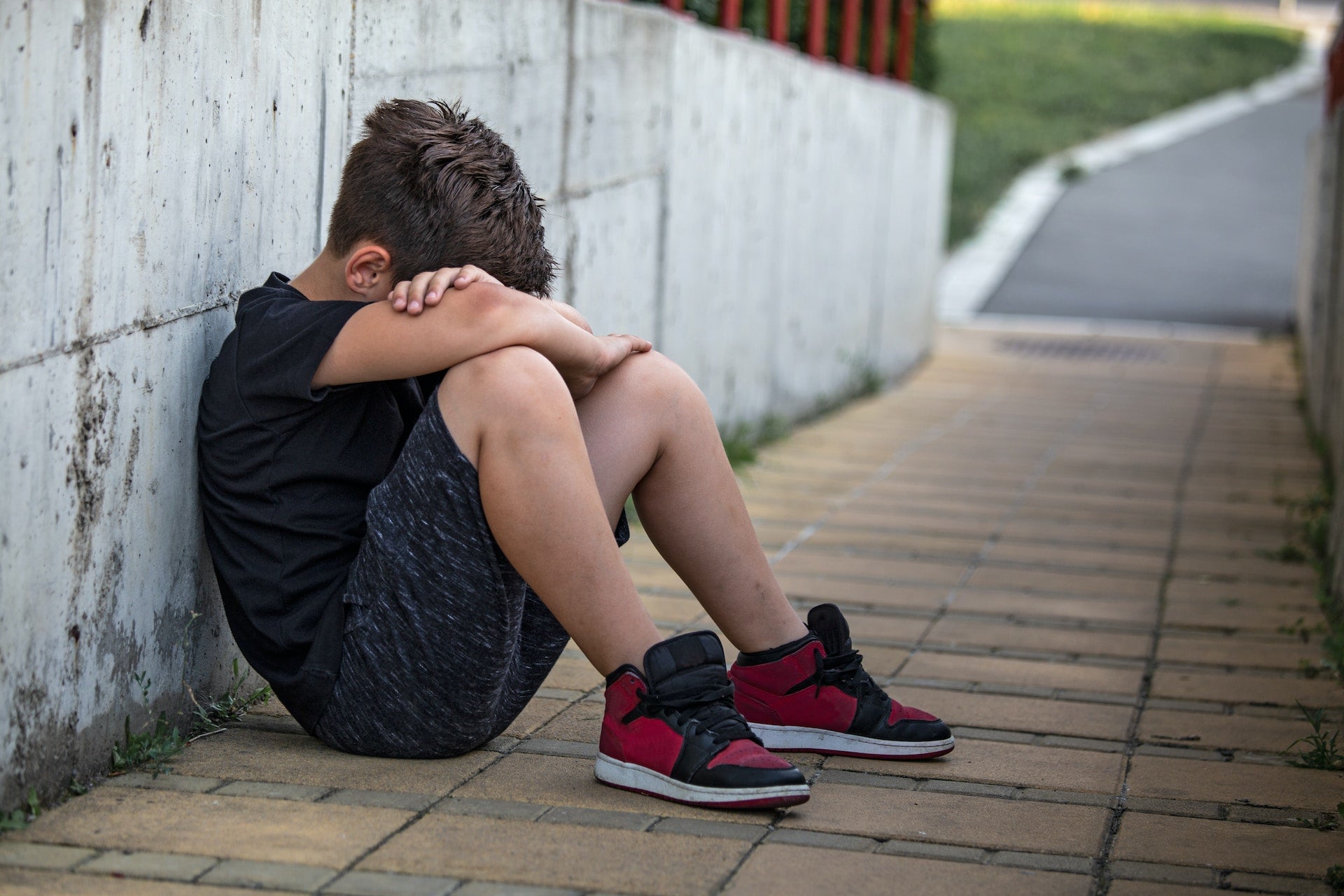Provision Promise surveyed over 100 community college students across the country. We found that a shocking 45% of students missed class because they didn't have access to essential hygiene products. Almost a third of these students (29%) said they missed class more than once a month due to hygiene poverty.
Some items they struggled to get included soap, shampoo, deodorant, laundry detergent, and tampons. They stayed home rather than face the humiliation of not feeling clean and healthy for class.
Many students trying to better their lives have to make tough choices. Even though 9 out of 10 students surveyed had a job while attending class, 25% still lived below the poverty line for a family of four.
About 10% of the students reported an annual income far below the poverty line for a one-person household.
Along with almost half the students missing at least one class because they didn't have hygiene access, 54% visited a food bank or similar resource while attending community college.
Also, half the students (49%) said they didn't attend social events because they couldn’t access essential hygiene items.
Survey Summary: Hygiene Poverty Among Community Colleges Students
- 45% of community college students reported missing at least one class because they didn’t have access to basic hygiene items
- 29% missed class more than once a month due to not having hygiene access
- 90% of students worked while going to community college despite half of this sample size living in hygiene poverty
- 25% of students lived below the poverty line for a family of four
- 10% reported annual income below the federal poverty line for a one-person household
“These statistics are eye-opening and alarming,” Antonella Pisani, one of the founders of Provision Promise and board chair, said.
“It’s devastating to think that a student is forced to miss class because they can’t afford soap or shampoo. This is something that we can prevent. It’s something that we should prevent.
“That’s why we’re sharing this data and asking for awareness of this issue. Our community college students need your help.”
Finishing Community College Improves Financial Health
According to a study by the Georgetown University Center on Education and the Workforce, people with an associate degree make $400,000 more in their lives compared to people who only finished high school.
But finishing a two-year degree is hard, especially when students live in poverty.
Missing class because they don’t have access to basic hygiene products can make the goal of graduating from a community college much more challenging. It can stop people from getting better life opportunities and breaking generational poverty cycles.
Hygiene Poverty is also devastating because it is a challenge we have the power as a society to eliminate. We need to give our community college students in need a better chance for a better life.
Food Stamps Don't Cover Hygiene Products
Food stamps, or SNAP benefits, only cover food. They don't provide shampoo, soap, toothpaste, or laundry soap.
Not having hygiene access is a growing problem for many students working to earn their associate's degree. Imagine trying to make a soap bottle last longer by adding water or having to wear the same dirty clothes to class every day. Or not being able to wash your hair before class or not having access to tampons.
Being clean and healthy is something many people take for granted, but it's a luxury for people living in poverty.
To learn more, here's a list of hygiene products not covered by food stamps.
Helping Students Overcome Hygiene Poverty
At Provision Promise, we want to help students gain access to the necessary hygiene items many of us take for granted. We want to help them finish college and break the chains of poverty by earning an associate’s degree.
Our team collects and buys goods to donate. We get products to give to food banks, shelters, schools, and churches. But we need your help. Our students need your help.
Please talk about and raise awareness of this issue. Share this survey data.
And if you can, please donate to support our efforts to help break the hygiene poverty cycle.









Leave a comment